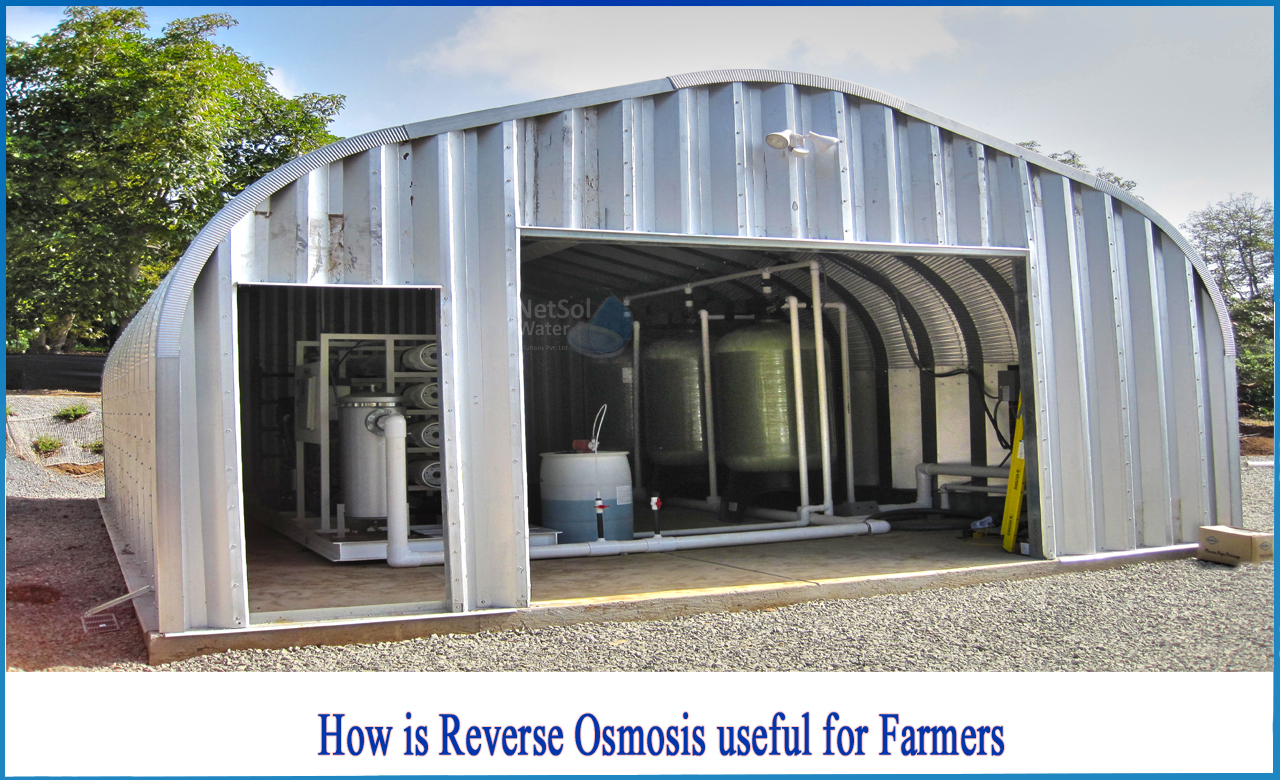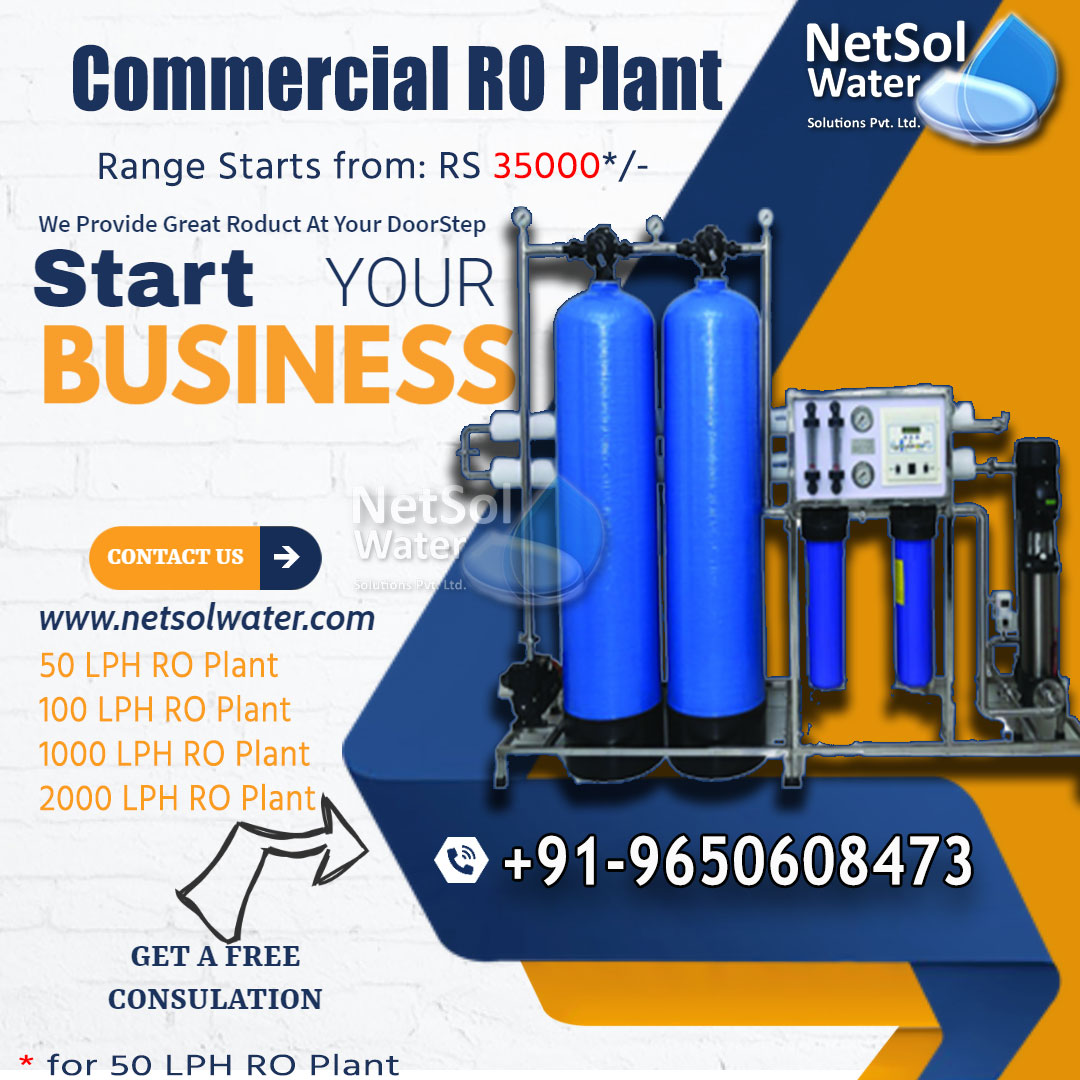What is Reverse Osmosis (RO)?
Reverse osmosis (RO) is a water purification process that separates ions, undesirable compounds, and bigger particles from drinking water using a partially permeable membrane. An applied pressure is utilized in reverse osmosis to overcome osmotic pressure, a colligative phenomenon generated by chemical potential differences in the solvent, a thermodynamic parameter. It can remove a wide range of dissolved and suspended chemical species, as well as biological species (most notably bacteria) from water, and is utilized in both industrial processes and potable water production.
What does RO remove?
Quite a few filtering systems are capable of removing all pollutants. Reverse osmosis, on the other hand, greatly lowers some of the most hazardous contaminants like:
Mercury: The natural degassing of the earth's crust is the source of mercury in water. In addition, human actions such as the combustion of fossil fuels contribute to global warming. Mercury poisoning can harm the brain, kidneys, and even a developing fetus.
Lead: There is no such thing as a safe level of lead exposure, especially when it comes to children. Furthermore, this pollutant is invisible, odour-less, and tasteless. As a result, the only way to determine whether lead is present in your water is to conduct a lead test.
Chlorine: While aesthetics isn’t always linked to health, they certainly have an impact on the flavor and odour of your water. If you don't want your water to taste or smell like chlorine, a RO system can help.
Chromium-6: Hexavalent chromium is another name for chromium-6. It has been linked to cancer, reproductive difficulties, asthma attacks, and other serious health consequences.
Sediments: High sediment levels can create cloudiness or haziness in water. Sediment levels in drinking water are linked to an increased risk of gastrointestinal disorders.
Chloramine: Chloramines are ammonia derivatives that lead to a change in the taste or odour of your drinking water.
How is Reverse Osmosis useful for farmers?
The main process for obtaining high-quality water is reverse osmosis (RO). The high pH of water is reversed using this method. A pH of 7 indicates that the water is balanced (which is neither acidic nor alkaline). This type of water is beneficial to crops, soil, plants, and seeds.
To increase the quality of the water, reverse osmosis is employed in a RO water filter. With a good system, farmers may obtain better quality water for a variety of farming operations such as irrigation, vegetable washing, livestock feeding, and cleaning.The crops can absorb nutrients more effectively with filtered water since there are no pollutants obstructing the transport of nutrients to the roots and seeds.A special agriculture water filtration system is created for specific fields and farm applications. As a result, the flow of water and the rate at which the system produces water can be controlled.
How does RO systems for agriculture work?
In agricultural reverse osmosis filter systems, multiple stages of filtration are provided to increase efficiency. A special agriculture water filtration system is created for specific fields and farm applications. As a result, the flow of water and the rate at which the system produces water can be controlled. They function by moving water through a series of filters until it reaches the appropriate purity level, then sending it to a holding tank.
-As soon as source water enters the farm water treatment system, it is filtered through a sediment filter to remove big solids and prevent finer filters from clogging.
-After being filtered for large particles and before being transferred to the RO pump, the water is made to flow through a second and third filter.
-The water is sent to the osmosis filters by the RO pump. The water subsequently passes through the osmosis membranes, which filters the water at a molecular level.
-The cleansed water is then sent to a holding tank by the filter in the last phase.
Conclusion
The most important thing to focus on, after you have a better understanding of the filtering process of Reverse Osmosis systems for agricultural or farm water treatment systems is the configuration of such systems. You must plan properly and speak with professionals.
How can Netsol Water help?
Expert knowledge is always at your fingertips at Netsol. You can use our platform to try the services of specialists and be worry-free in the comfort of your own home.
Let us know your problem, our experts will make sure that it goes away.




